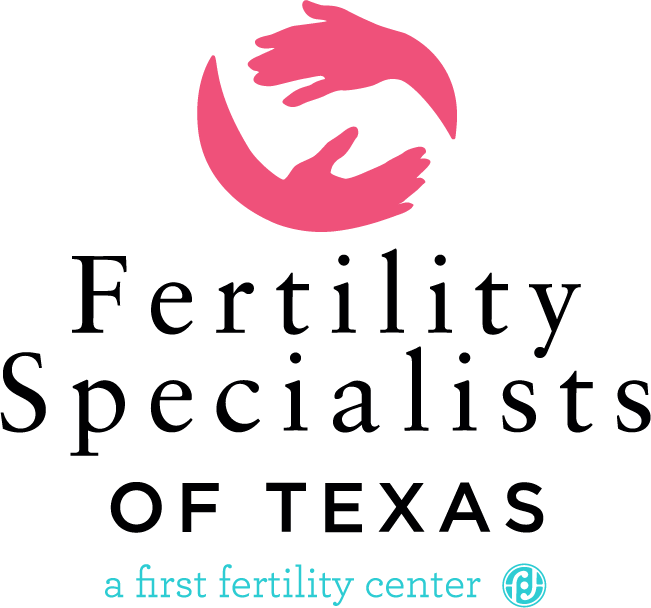How Age Impacts Fertility
Human reproduction is complex, so multiple causes of infertility can cause issues for both women and men. Thankfully, our Dallas-Fort Worth fertility doctors have a deep understanding of a wide variety of infertility factors. Our experienced specialists know how to accurately diagnose and effectively treat the complex causes of male and female fertility issues.
Request AppointmentYour Biological Clock and Fertility
Ovaries have a fixed number of eggs. With age, both the quantity and quality of these eggs naturally decline. Fertility is typically at its peak in your 20s and early 30s, then begins to drop more rapidly after age 35. This gradual decline can influence your chances of becoming pregnant and the risk of chromosomal abnormalities.
While age-related fertility decline tends to be more gradual for people who produce sperm, it can still have a meaningful impact. Older age in sperm-producing partners has been associated with a longer time to conception, a higher risk of miscarriage, and, in some cases, increased chances of certain genetic conditions in offspring.
How Does Fertility Change with Age?
- Ovarian Reserve: Over time, the number of available eggs diminishes, which can reduce the monthly chance of becoming pregnant.
- Egg Quality: As eggs age, they are more prone to chromosomal issues, which can affect embryo development and may increase the risk of miscarriage.
- Sperm Quality: Age can also impact sperm quality. As people who produce sperm get older, motility (movement), morphology (shape), and overall sperm count may decline, potentially affecting fertility outcomes.
- Pregnancy Considerations: Age related fertility challenges—particularly for the egg-producing partner—can be associated with a higher risk of complications during pregnancy, such as gestational diabetes and high blood pressure. Increased paternal age may also be linked to a longer time to conception and a higher risk of certain genetic conditions in offspring.
Premature Ovarian Insufficiency (POI)
In some cases, ovarian function declines much earlier than expected. Premature ovarian insufficiency (POI), sometimes called premature ovarian failure, occurs when the ovaries stop working normally before the age of 40.
People with POI may experience irregular menstrual cycles, reduced fertility, and early signs of menopause. Recognizing POI is crucial because its effects on fertility can be more abrupt than the natural, gradual decline seen with age.
What This Means for Your Family Planning
Being aware of these changes empowers you to take proactive steps. Whether you are considering trying to conceive soon or planning ahead, understanding your fertility can guide decisions such as:
- Fertility Testing: Fertility testing, including tests like Anti-Müllerian Hormone (AMH) and ovarian reserve assessments, provides valuable insights into your reproductive health and helps gauge your chances of conceiving as you age.
- Fertility Preservation: Preservation options, such as cryopreservation (egg freezing), may be ideal if you wish to postpone pregnancy and family building until you’re ready.
- Customized Treatment Plans: With your input, your fertility specialist will determine the treatment strategies that address your unique needs and family-building goals.
Whatever your fertility journey looks like, our specialists are here to build a treatment plan that reflects your goals and supports your path to parenthood.
Build Your Family with Fertility Specialists of Texas
Age is an important factor in your fertility, but it is only one part of your reproductive health story. With advanced diagnostics, personalized care, and compassionate support, we’re here to help you navigate your options so you can have a baby when you’re ready.
Request an appointment today to discuss your fertility options. Our goal is to empower you with knowledge and practical solutions to help you achieve your dreams of parenthood.
Quick Links for
Female Infertility
Which Treatment is Right for You?
Schedule an introductory appointment with us, and our specialists can determine which path will be best to begin your journey to parenthood.
